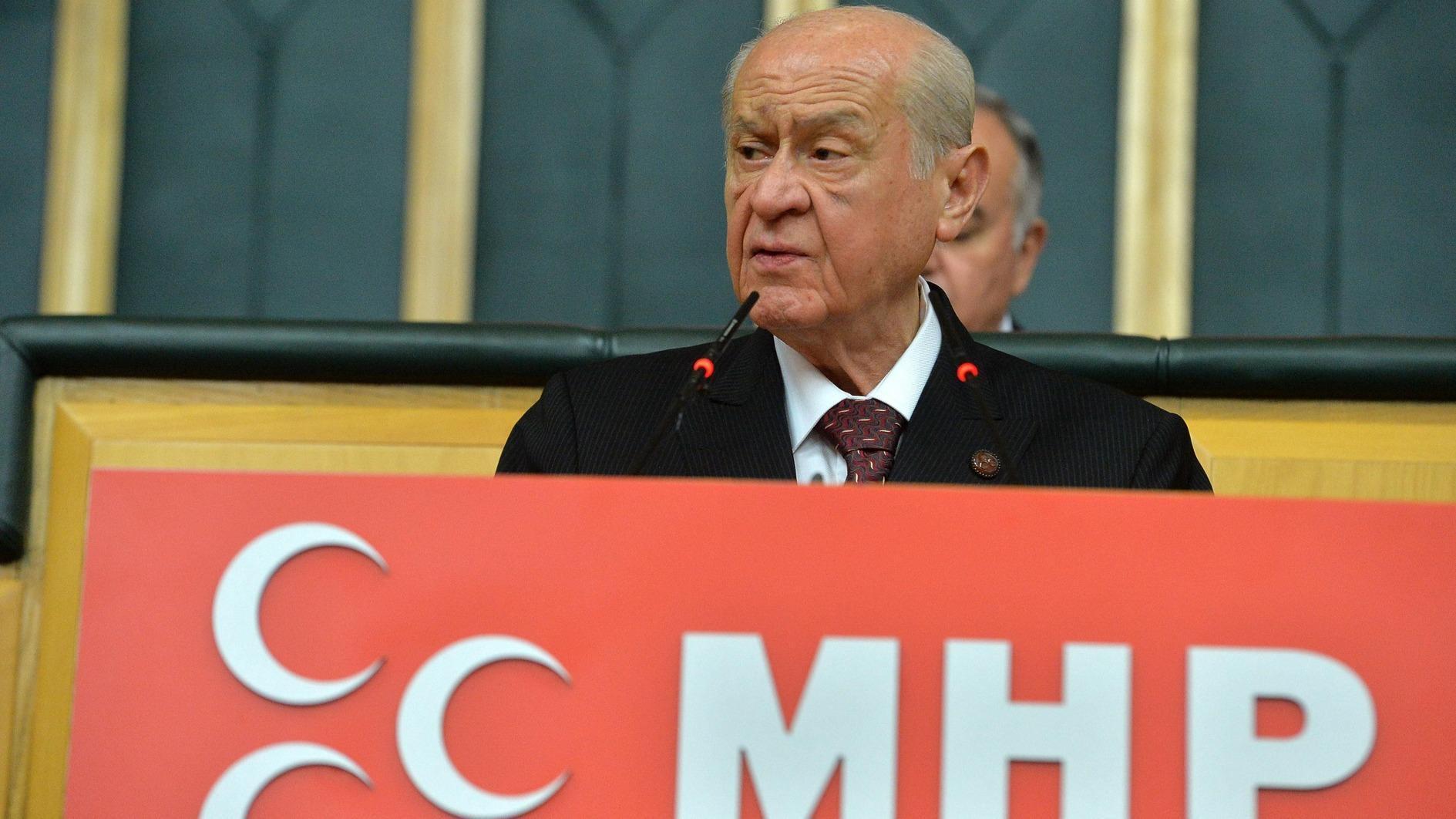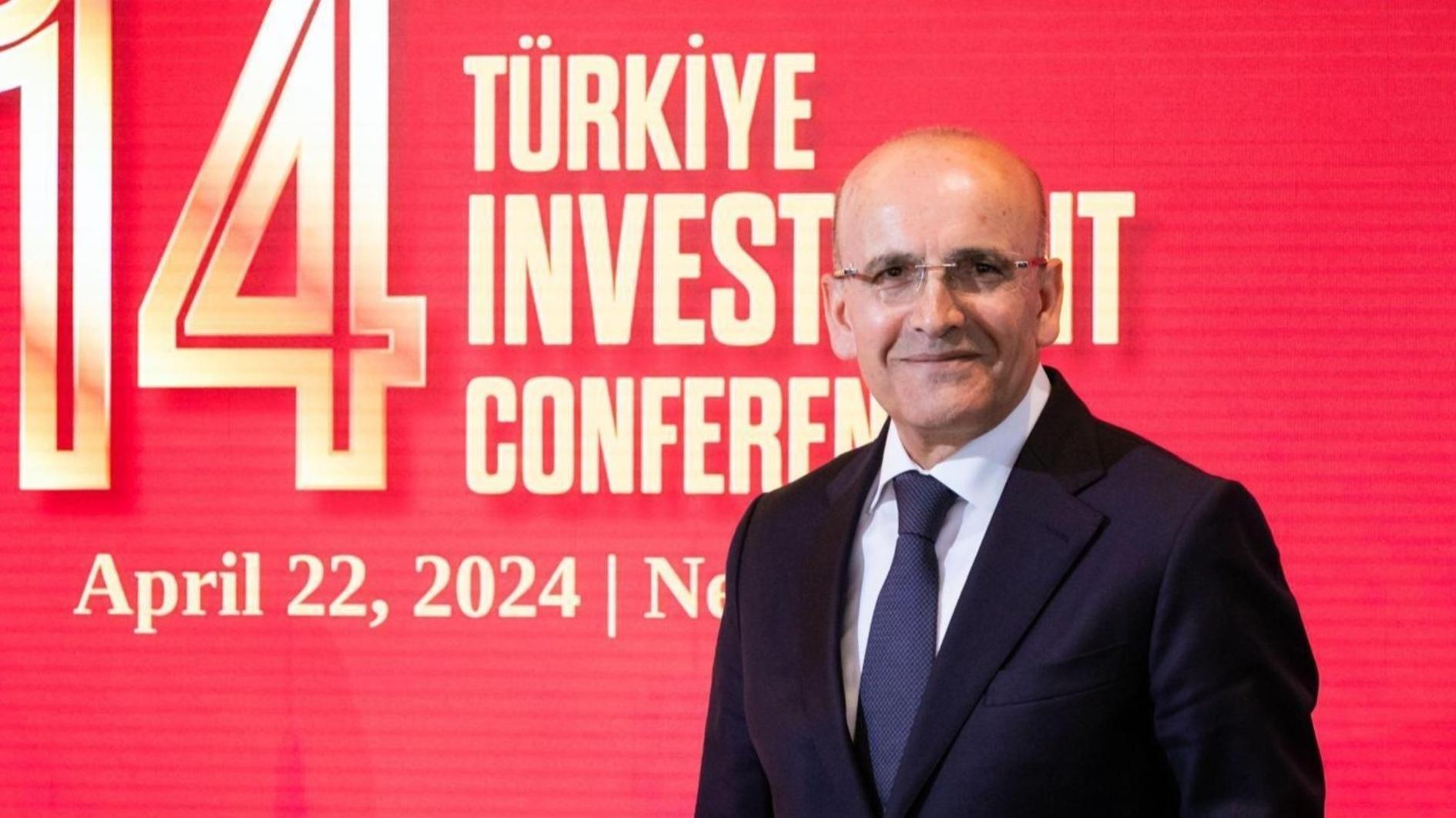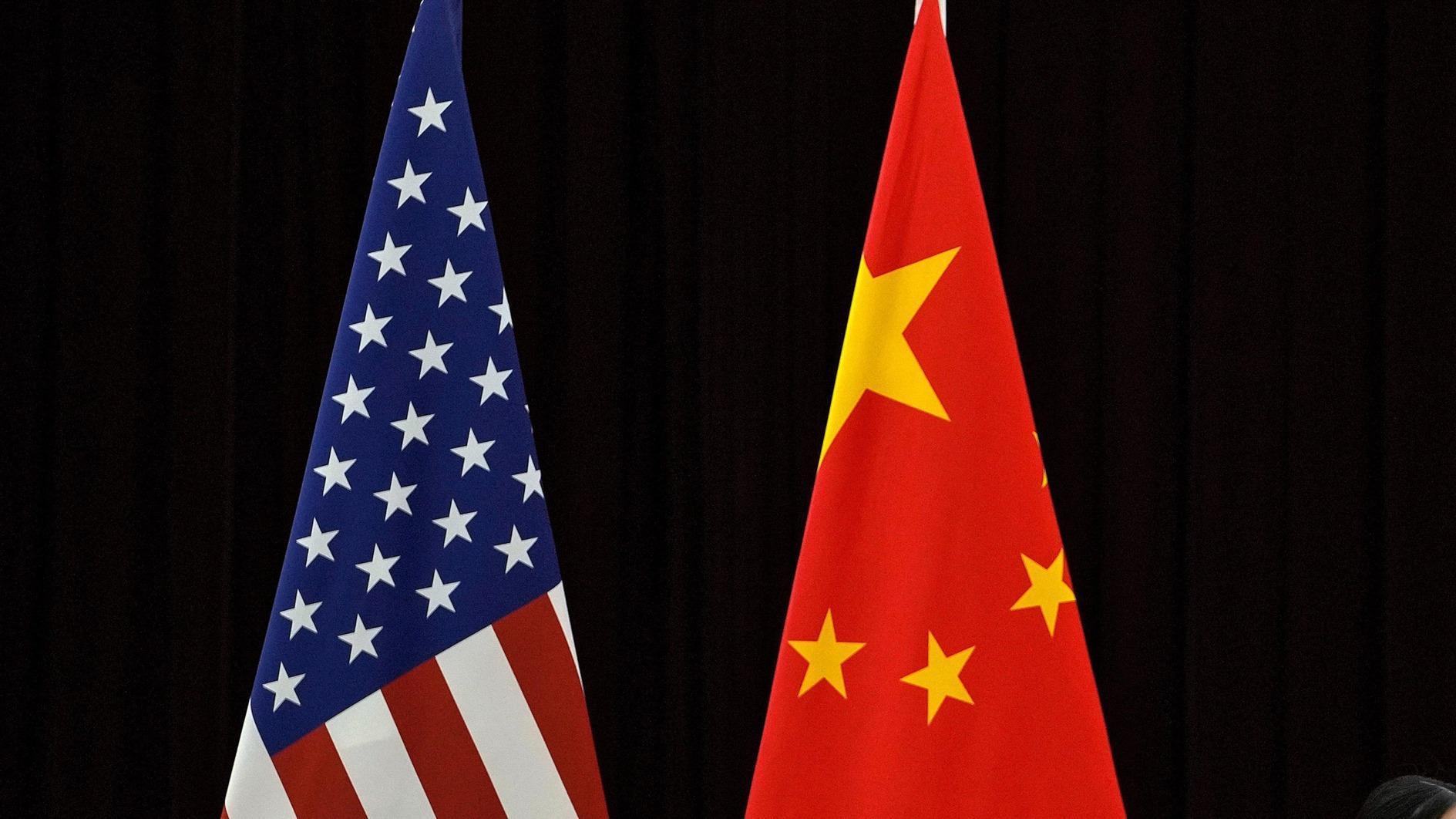Time to stop and think deeply
The terror attacks in Paris have resulted in much commentary among Islamists and Islamic intellectuals and commentators in Turkey. There is little that is new in Islamist quarters, of course. One reads the usual litany, if one may use the term, blaming the West for crimes against the Islamic world and its wily designs on the Middle East.
İbrahim Karagül, the editor of the pro-government Yeni Şafak, for example, wrote on Monday that Muslims will not apologize for the Paris attack, and said it is the West that must apologize for all its crimes against the Islamic world.
There are also those, even in the Justice and Development Party (AKP), who believe that the attack against Charlie Hebdo was staged by the French deep state to increase Islamophobia. Such an approach will not contribute much to peace and amity between the Islamic world and the rest.
Neither will it make life for Muslims in Europe or the Middle East easier. There are, however, Islamic intellectuals who have started to see this. They are not only exhorting unconditional condemnation of attacks such as the one in Paris, but are also wondering what is next for the Islamic world given the growing enmity in the non-Islamic world toward their religion.
It is obvious that social injustice, economic deprivation and the resulting sense of having nothing to lose drive many young Muslims to radicalism. This is a problem the Islamic world has to face within itself. It is also a problem the West has to face within its own boundaries.
The ideology used by radicals in this case is Islam, of course, and many moderate Muslims believe that their religion has been hijacked to justify inhuman behavior. "Terrorism is not compatible with Islam" has become their slogan.
However, this does not alter the fact that much of the world now sees Islam as a religion that incites violence. The onus, therefore, is on peace-loving Muslims to show with deeds and acts why this is wrong. But this also requires serious soul-searching.
Let’s take the most obvious case. How will Muslims reconcile themselves in the modern world to the freedom of expression, which also requires that they accept things they consider offensive to their religion?
Advanced societies are not going to give up on this freedom, and it would be a sad day if they did. Are Muslims prepared to acknowledge that this is a cornerstone of democracy? If they are not, then are they prepared to accept that Islam is not compatible with democracy?
But there is also thinking to be done on the other side of the fence too about how far the freedom of expression extends, and if there is not an element of hypocrisy in the West in this regards.
I will not go into this debate but will turn the microphone over to David Brooks of the New York Times, who wrote “I am not Charlie Hebdo,” and to Jordan Weismann of Slate magazine, who wrote “Charlie Hebdo is heroic and racist.” It also takes courage for them to point out the things they did at a time like this.
I will, however, end by asking two questions in this context based on what I was not aware of – to my shame – until last week. If there is no limit to freedom of expression, then why did Charlie Hebdo fire its founding member and well-known political caricaturist Maurice Sinet in 2008 for allegedly drawing an anti-Semitic cartoon?
Why also did crowds not take to the street when Sinet reported a death threat from a site associated with the Jewish Defense League which carried a message that said “20 centimeters of stainless steel in the gut; that should teach the bastard to stop and think?”











